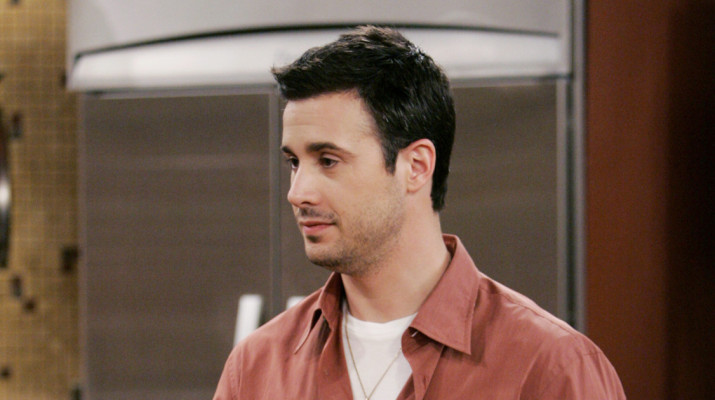
Source: GQ
GQ recently sat down with celebrity and former WWE writer Freddie Prinze Jr. Below are some of the highlights from that interview. You can find the full interview by clicking here.
GQ: Please explain to me how a big-name Hollywood actor ends up working for the WWE?
FP: I think it was 2007 or 2008. I don’t remember the exact year, but I went to WrestleMania and I was speaking with a lady who worked for the company. She was asking what I liked about the show, what I didn’t like, and I was just very honest with her. She said, “I would love for you to have this conversation with Kevin Dunn or Stephanie McMahon. Anything I haven’t done before is interesting to me and I loved wrestling already. I wasn’t working at the time so I was like, “Yeah, I’ll come talk.” I didn’t even realize what I was signing up for at the time.
GQ: Every time CM Punk got on a microphone, it really blurred the lines between fiction and reality. I’ve always maintained that professional wrestling is at it’s best when it can do exactly that.
FP: Well, nobody really wrote for Punk. I never gave him an acting note or anything. He got it and had that thing stars like Bruce Lee had. So we’d write something rough or talk about an idea, but Punk was gonna do Punk. And what he did was amazing when they finally figured out what they had. But it took the company a long time to realize what they had in him.
GQ: You were able to break those rules a little bit, though, when you helped convince Vince to give Jeff Hardy the title.
FP: All I wanted to do was find a way to make Jeff Hardy champion when I was there. That was my main goal. I co-wrote that with Michael Hayes and Chris DeJoseph, and the three of us together worked really hard to create this story. In a publicly traded corporation, if you have a troubled artist on the roster, on TV as a role model, that’s a real massive hurdle to jump. So instead of hiding from it, which the company felt it had to do, we pitched this crazy idea where we embraced it and I tried to have it be reflective of other tortured artists. Like, the River Phoenix’s of the world, or my father. Or any artist who had something special and unique to express, had a physical way to express it, but for who the pain was too much at times. That’s really what I was writing for Jeff.
